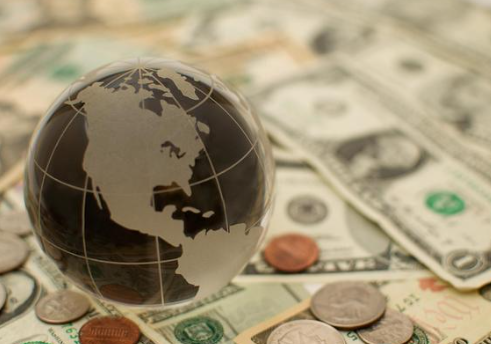What is the role of foreign exchange?
The foreign exchange (forex or FX) market plays several important roles in the global economy, international trade, finance, and investment. Here are some key roles that the foreign exchange market serves:
1. **Facilitates International Trade:** International trade involves transactions between parties using different currencies. The forex market provides a mechanism for converting one currency into another, allowing businesses and individuals to buy and sell goods and services across borders. Exporters receive payment in their local currency, which they can exchange for their own currency in the forex market.

2. **Determines Exchange Rates:** The forex market establishes exchange rates by determining the relative value of one currency against another. Exchange rates play a crucial role in influencing the competitiveness of a country's exports, as well as the costs of imported goods.
3. **Hedging and Risk Management:** Businesses engaged in international trade often face currency risk due to fluctuations in exchange rates. The forex market allows them to use derivatives such as forward contracts and options to hedge against potential losses arising from unfavorable currency movements.
4. **Supports Investment and Capital Flows:** Investors and financial institutions trade currencies as an asset class. They speculate on exchange rate movements to generate profit. Additionally, foreign investors buy assets denominated in local currencies, contributing to capital inflows that can stimulate economic growth.
5. **Central Bank Operations:** Central banks use the forex market to manage their country's currency value and implement monetary policies. They may intervene in the market to stabilize their currency's exchange rate or to address economic imbalances.
6. **Arbitrage and Price Discovery:** The forex market helps maintain equilibrium in exchange rates by facilitating arbitrage opportunities. Traders exploit price discrepancies between different markets to profit, which helps align exchange rates across different platforms.
7. **Financing and Borrowing:** Corporations and governments can issue bonds denominated in foreign currencies to tap into international capital markets. The forex market provides the avenue to convert the proceeds of these issuances back into their domestic currencies.
8. **Global Capital Allocation:** The forex market assists in allocating capital globally by offering investors the opportunity to diversify their portfolios across different currencies and economies.
9. **Economic Indicators and Sentiment:** The movement of exchange rates reflects economic data and market sentiment. Market participants, including traders and policymakers, closely monitor currency fluctuations for insights into economic conditions and potential policy adjustments.
10. **Liquidity and Accessibility:** The forex market is one of the most liquid markets globally, with a high trading volume and continuous operation. It provides accessibility to traders and investors worldwide due to its 24-hour trading cycle.
Overall, the foreign exchange market is a dynamic and critical component of the global financial landscape, influencing economic interactions, trade relationships, investment decisions, and monetary policies across the world.
Related articles

 WeChat of CBiBank
WeChat of CBiBank